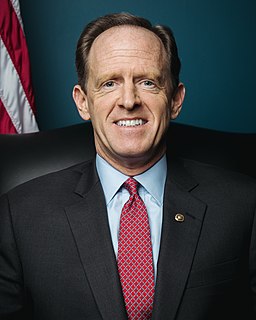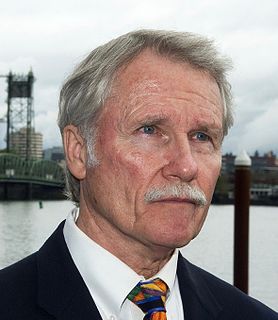A Quote by Ilana Mercer
Ron Paul would have demanded that entire departments be shuttered – not that the bums merely bring into balance what was stolen (taxes) with what is squandered (spending). Besides, what a balanced-budget requirement implies is that government has the constitutional right to spend as much as it takes in – that government is permitted to waste however much revenue it can extract from wealth producers.
Related Quotes
It is my view that what is important is cutting government spending, however spending is financed. A so-called deficit is a disguised and hidden form of taxation. The real burden on the public is what government spends (and mandates others to spend). As I have said repeatedly, I would rather have government spend one trillion dollars with a deficit of a half a trillion than have government spend two trillion dollars with no deficit.
Whether government finances its added spending by increasing taxes, by borrowing, or by inflating the currency, the added spending will be offset by reduced private spending. Furthermore, private spending is generally more efficient than the government spending that would replace it because people act more carefully when they spend their own money than when they spend other people's money.
I'm pleased that I've balanced budgets. I was on the world of business for 25 years. If you didn't balance your budget, you went out of business. I went into the Olympics that was out of balance, and we got it on balance, and made a success there. I had the chance to be governor of a state. Four years in a row, Democrats and Republicans came together to balance the budget. We cut taxes 19 times and balanced our budget.
"There's no CEO for the government." But if you were CEO for a day at the government, would you have tools and reports and wherewithal to look at government the way a business would look at its lines of business, its spending, its revenue? I've actually been working, first by myself and then with a group of people, on then on and off, and now much more on, almost since the I time left Microsoft.
A tax cut means higher family income and higher business profits and a balanced federal budget....As the national income grows, the federal government will ultimately end up with more revenues. Prosperity is the real way to balance our budget. By lowering tax rates, by increasing jobs and income, we can expand tax revenues and finally bring our budget into balance.
Never forget that no government has wealth of its own to spend. The money has to come from taxation, monetary inflation, or debt expansion that must be paid later. And government's spending choices will always be uneconomic relative to how society would use that wealth. That is to say, the money will be wasted.
What's hurting the U.S. economy is total government spending. The deficit is an indicator that the government is spending so much money that it can't even get around to stealing all of the money that it wants to spend. But the tip of the iceberg is not what hit the Titanic - it was the 90 percent of the iceberg under water.
The question is: How do we reduce spending from 25% of GDP, which is where Obama put us? The focus is on total government spending. Can we bring it down, in a reasonable and politically acceptable way? That's what the Paul Ryan plan does. It puts us on a gradual reform path to reducing the size of government.





































